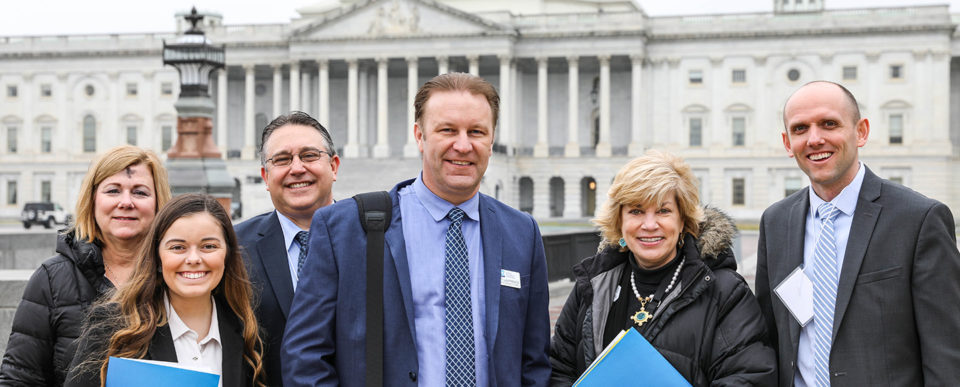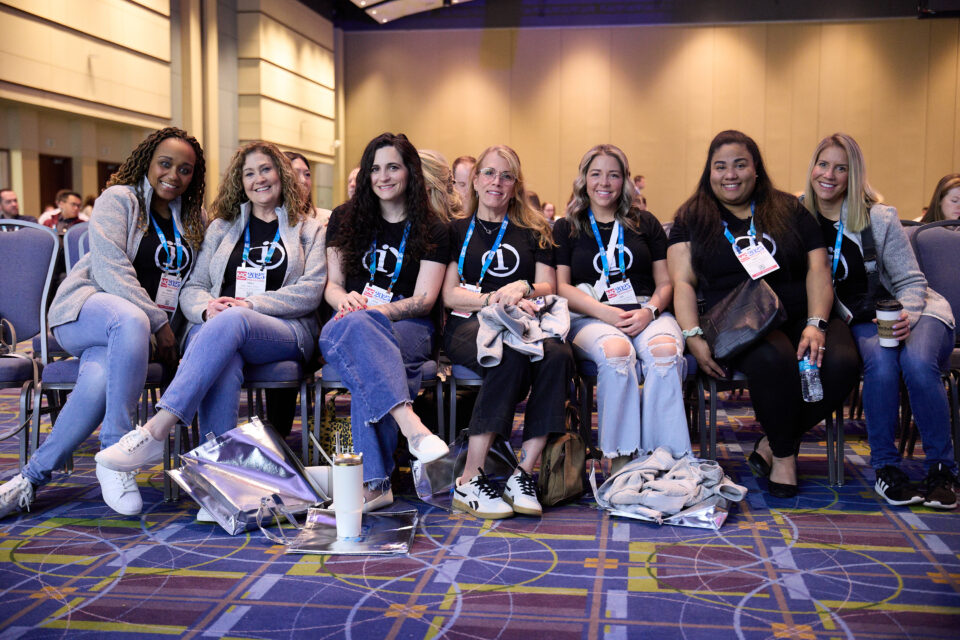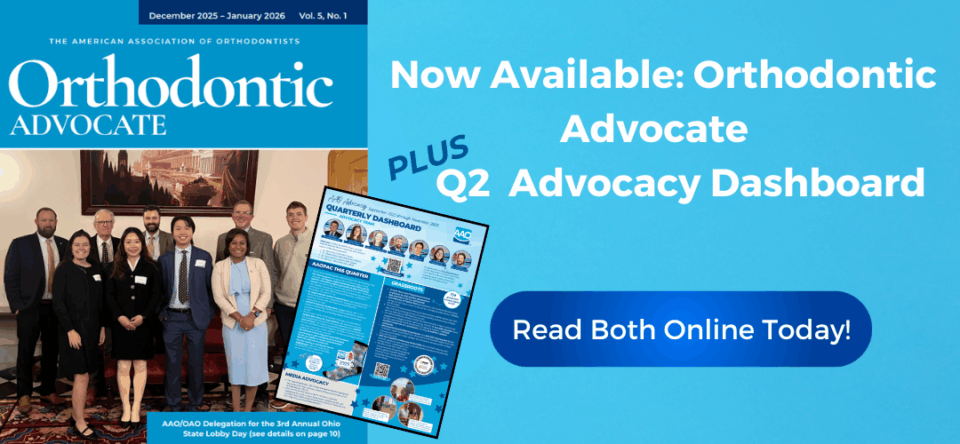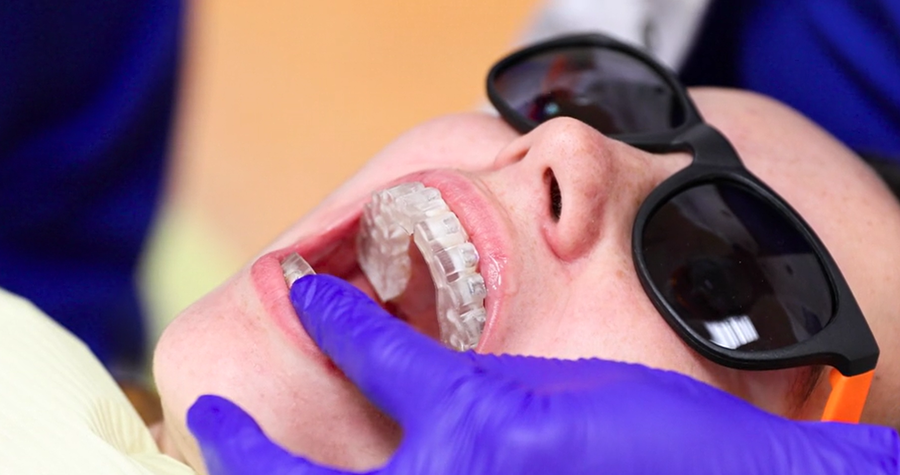After four years of involvement from the AAO, Washington state recently adopted a new definition of dental specialties. At its July 2021 meeting, the Washington State Dental Quality Assurance Commission (the Commission) adopted language that is similar to language the AAO proposed during the rulemaking process, which began in July 2017.
The Commission received a petition for rulemaking in July 2017 requesting that it recognize the American Board of Dental Specialties (ABDS) under its specialty rules. At the time, the rule recognized only American Dental Association specialties. The Commission determined ABDS certifying criteria did not meet minimum education and training standards nationally recognized by the National Commission on Recognition of Dental Specialties and Certifying Boards.
The adopted rule offers an additional method to obtain specialty training by completing a Commission on Dental Accreditation (CODA) advanced educational program recognized by the United States Department of Education which is at least two years in length in a special interest area of dentistry. This language mirrors the language the AAO proposed to the Commission during the rulemaking process.
To ensure proper representation, effective July 1, 2022 the adopted rule will also require a licensed dentist in a group practice that includes two or more dentists to identify them self as a general dentist or a specialist. If the provider is a specialist, the adopted rule then requires the provider to include the area of their specialty. In addition, the adopted rule clarifies the licensed dentist must now provide qualifications of specialty to a patient if requested. The new rules will provide the public with information to prevent fraud or deceiving advertisements related to the skills or method of practice of the dentist.
The Washington State Society of Orthodontists was one of the first state components to apply for Component Legal Support Funding and has used the CLSF to participate in the rulemaking process for several topics, including scope of practices issues and infection control. Since then, the AAO has become a trusted source of information for dental boards that look to revise their specialty laws. The AAO has provided public comment on specialty advertising issues in over 15 states.
Remember, every orthodontist (as a citizen of and licensed dental provider in his or her state) and every patient has the right, independently and individually, to express his or her opinion on any dental issue to his or her state dental board.



